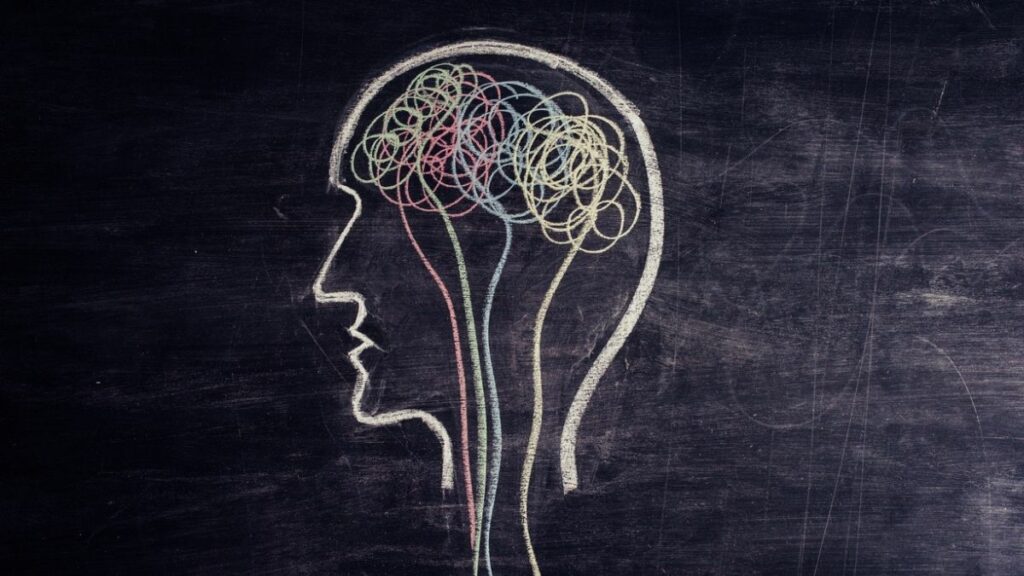Sunday 6 June 2021 marked the UK’s first National Neuro-Disability Day led by British Home, a charity offering specialist care and rehabilitation for people living with neuro-disabilities.
Neuro-disability is an umbrella term for conditions involving damage to the brain and nervous system, caused by disease or injury. Such conditions are often complex and greatly affect a person’s everyday life. It is estimated that one in six people in the UK are living with a neuro-disability and more awareness and support needs to be given to those with such conditions.
Many forms of a neuro-disability can arise as a result of negligent medical care, i.e. a hypoxic brain injury at birth can result in conditions such as cerebral palsy or epilepsy. Individuals are not always born with neuro-disabilities, but this condition can occur as a result of injury and illness throughout life. Other examples of ways that neuro-disabilities can be sustained include car accidents, strokes, tumours located in the brain or spine, falls and/or aneurysms.
People living with a neuro-disability face significant and complex physical and psychological difficulties. Given that the term covers such a wide range of conditions, no two people are the same.
According to the British Home, those living with a neuro-disability may be unable to easily communicate, control their body, move or eat independently and may also have difficulties with memory as well as issues with processing and retaining information.
Whilst it is unlikely that an individual will ever fully ‘recover’ from a neuro-disability, rehabilitation can enable people to live life as fully as they can, as well as aiding them to live as independently as possible. Rehabilitation for a neuro-disability may include:
- Speech and language therapy to aid communication, vocal development or the use of assistive technology;
- occupational therapy to assist in acquiring and/or re-learning relevant life skills;
- physiotherapy to aid individuals in moving and controlling their body to assist in balance and mobility;
- psychiatric support to improve mental health and self-esteem which can be negatively impacted as a result of having or acquiring a neuro-disability.
Our Clinical Negligence and Personal Injury team are highly experienced in dealing with medical negligence claims.
